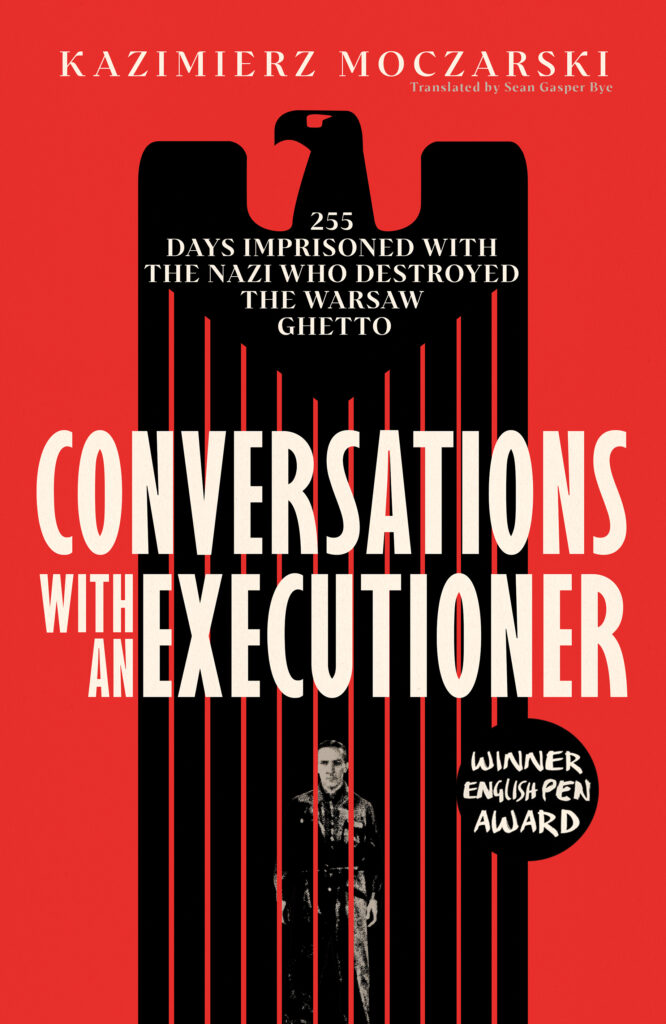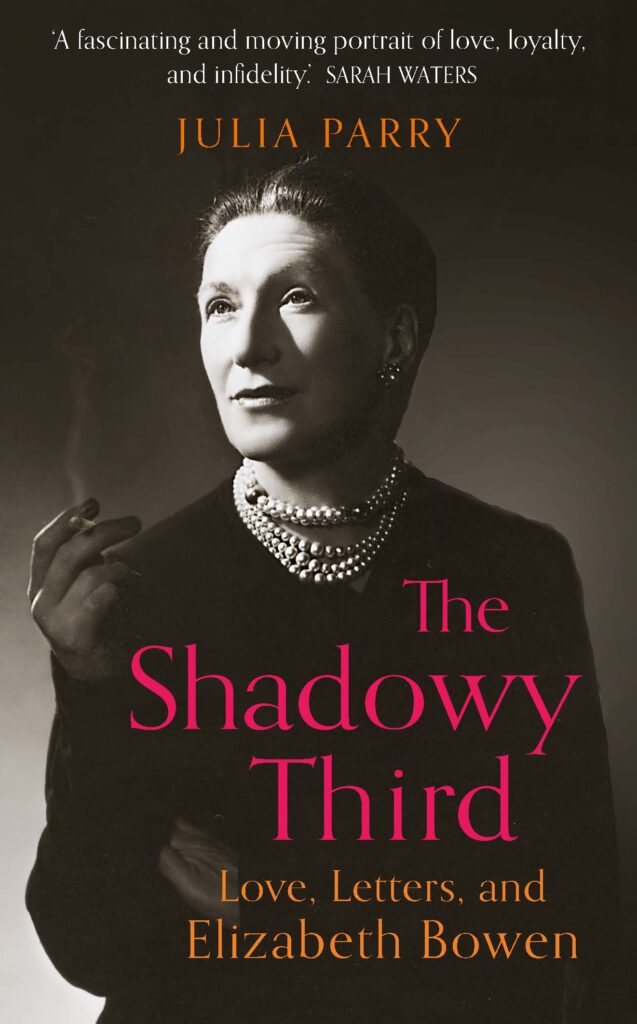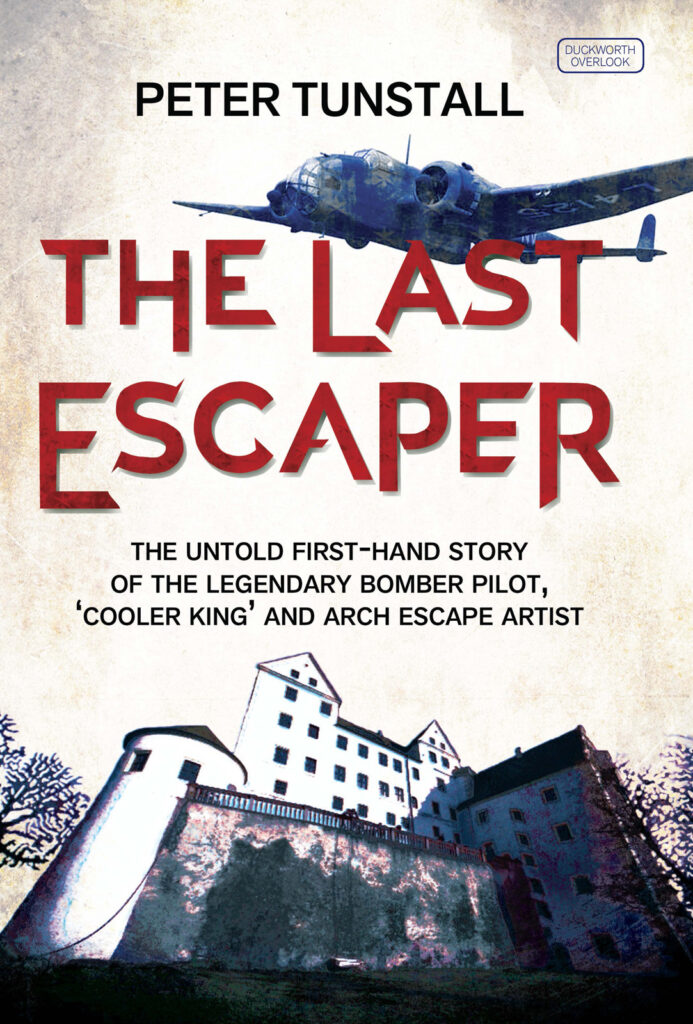
Warsaw, 1949: freedom fighter and journalist, Kazimierz Moczarski is being held in a maximum security prison, accused of being an enemy of the state by the Polish secret police. A survivor of the Warsaw Uprising, he is horrified to find himself locked up in a cell with the notorious Nazi official responsible for the destruction of the Warsaw Ghetto, and the death of over 50,000 people: Jürgen Stroop.
For 255 days Stroop talks to Moczarski of his life, entirely unrepentant of the crimes for which he would soon be executed himself. Conversations with an Executioner is Moczarski’s first-hand account of these extraordinary exchanges, an insight into the mind of one of history’s most brutal war criminals, and one that unflinchingly examines some of humanity’s darkest moments.
Never before published in the United Kingdom, Conversations with an Executioner is a book of enormous historical importance, written in masterful prose by a writer who tragically wouldn’t survive to see his work published.



